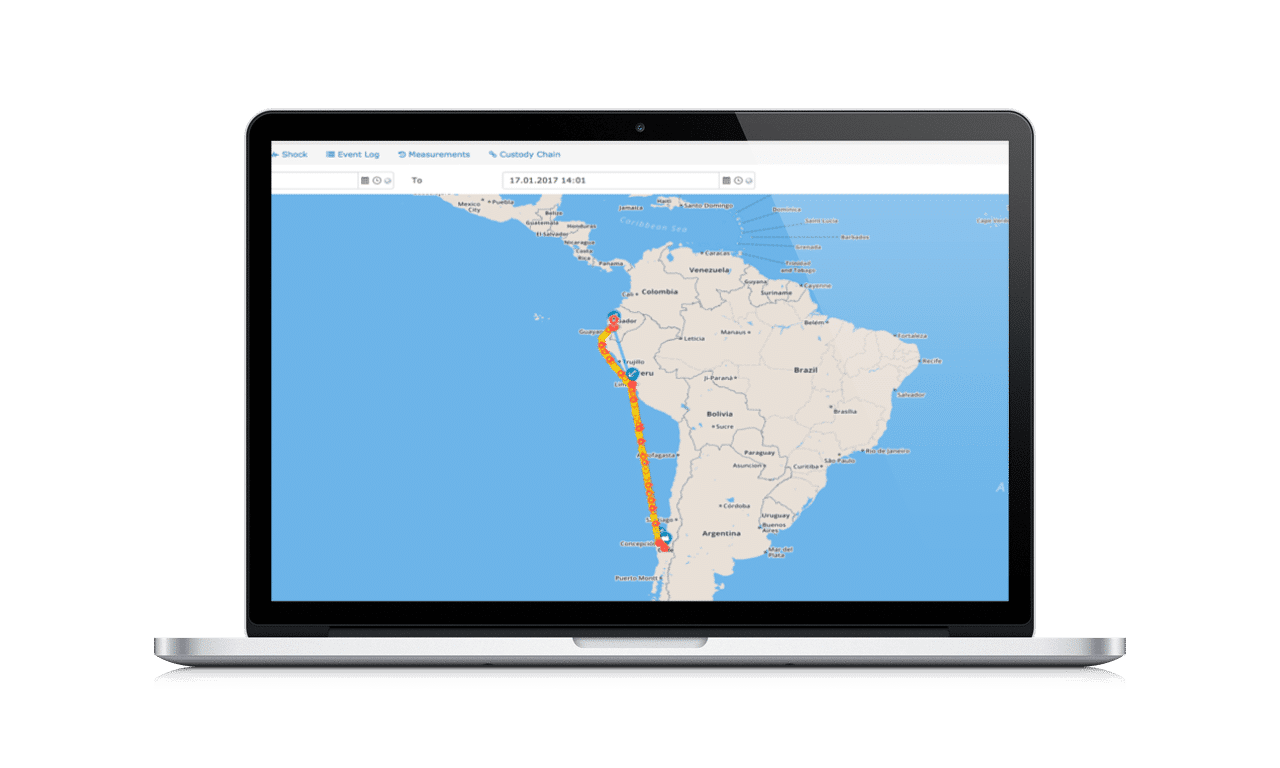Global Trade is reliant on an efficient public-private-Partnership to enable, grow and facilitate trade while concurrently achieving business objectives and complying with public policy regulations. Global business continuously strives to find ways to reduce trade transaction costs and increase trade volumes. Concurrently, Governments are challenged to effectively use only a limited budget to meet economic, customs and security policies without impeding trade. While these private and public roles are complementary, they are also a point of trade transaction friction. The sources of the friction include tightening customs, regulatory and security requirements, limited public infrastructure, port congestion and incompatible Business-to-Business and Business-to-Government processes. As globalization increases, the cost of this friction increases. In order to reduce this friction and sustain trade, it is necessary to see the Public-Private-Partnership in a new light. The new Public-Private-Partnership to facilitate trade is becoming a different method of procuring public services and infrastructure by combining the best of the public and the best of the private sectors capabilities – sharing activities in a trusted environment..
EU and China customs organization have already agreed to make it a target to align customs procedure, and make it consistent across the borders, enabling one single customs declaration for a shipment for both importing and exporting countries with mutual recognition of customs rules and regulations. An China-EU Joint Customs Cooperation Committee was set up to meet regularly to discuss problems and issues encountered in bilateral customs cooperation since the entry into force in April 2005 of the China-EU Agreement on Customs Cooperation and Mutual Administrative Assistance.
While customs organizations are setting the stage for a new era of partnership, it will require commercial parties to step up to the new partnership by investing in sharing their best capabilities mechanism, but in return they will enjoy incentive from customs for faster clearance. The number of public-private partnership is growing significantly. The trend is not just in growing in number of such partnerships, the relationship has also deepened in the partnership. The EU ITAIDE initiative, which is about testing the new ways of electronic Customs clearance procedures and data sharing schemas, is not just a Government-led initiative; it involves academics and commercial parties in working out a mutually beneficial way of sharing electronic data among public and private sectors. A new era of partnership is being born. Unlike the old partnership that is most often point to point between commercial parties, it is a new kind of multi-directional public-private partnership with a new kind of dynamics and interactions.



